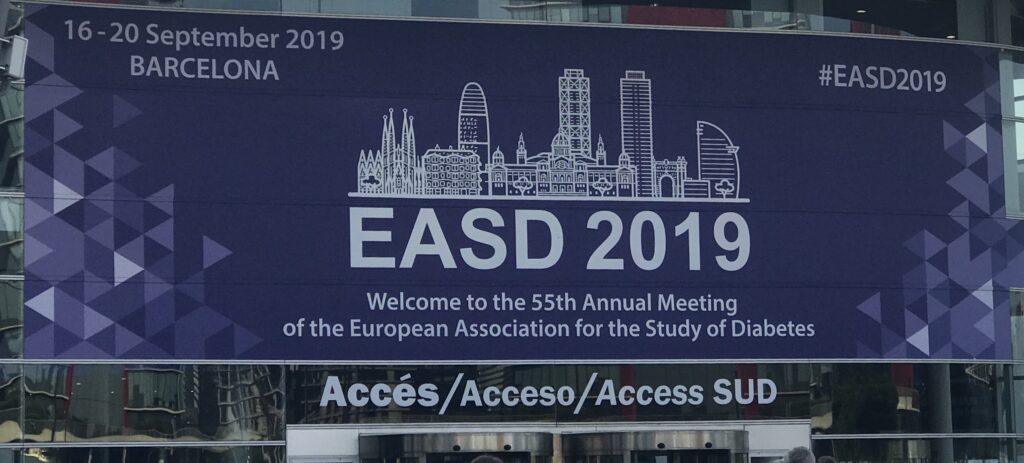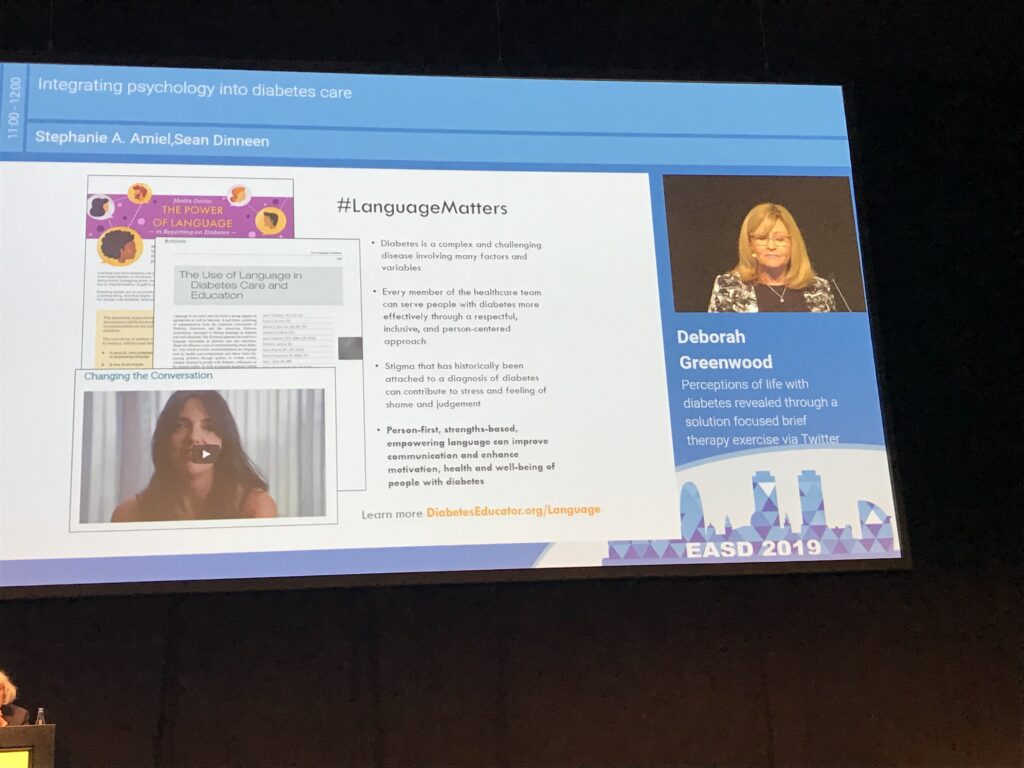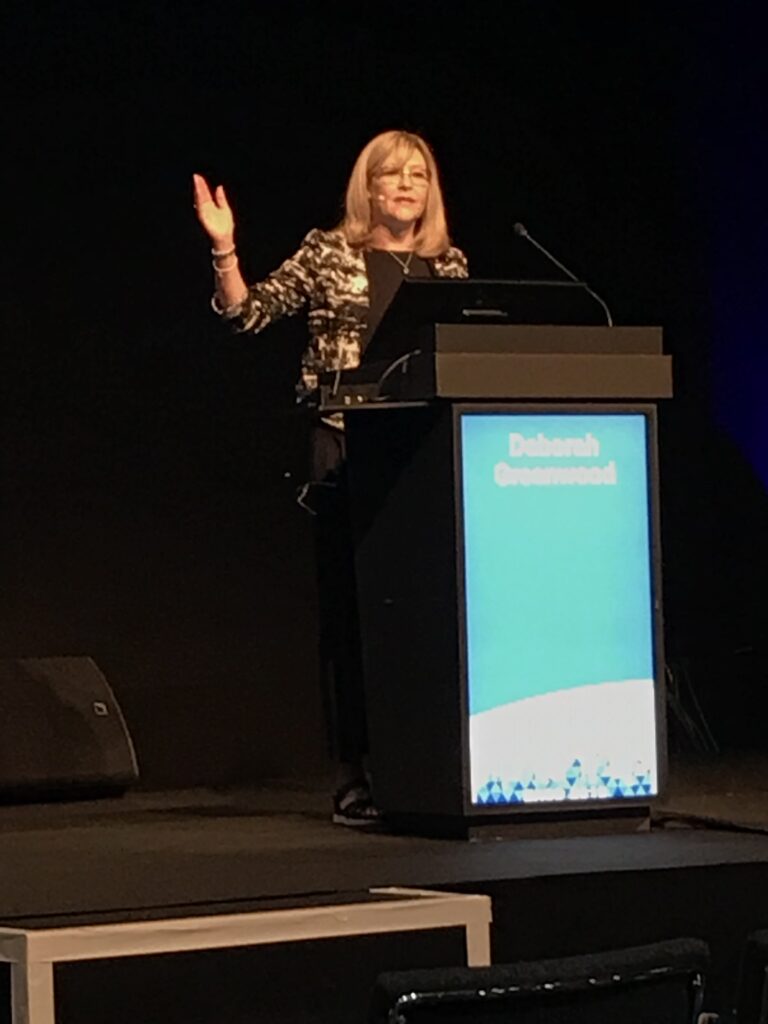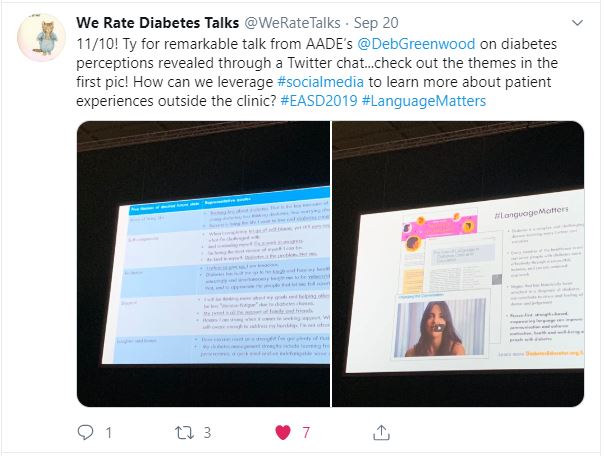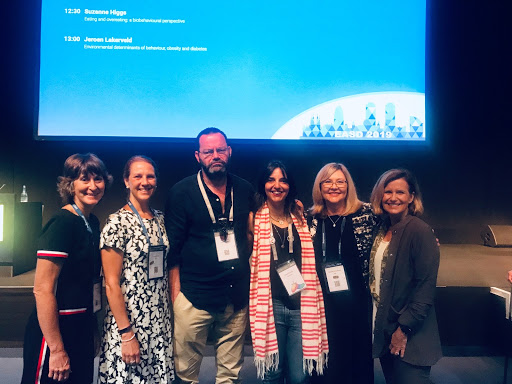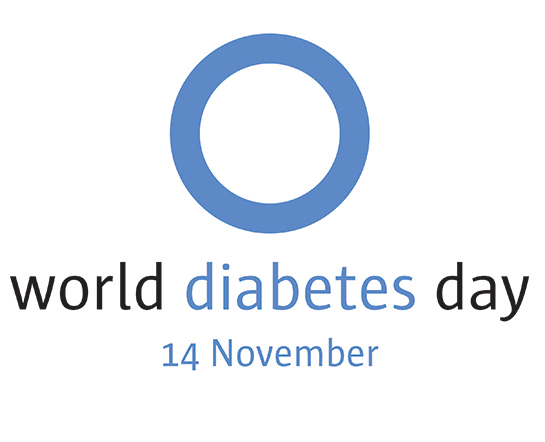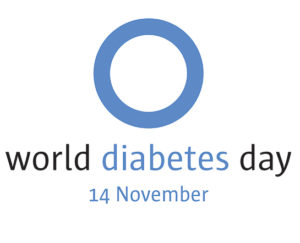
April is national Stress Awareness month, and around the world stress is at an all-time high amidst the COVID-19 crisis! Since stress during an infectious disease outbreak such as this can worsen chronic health conditions as well as mental health, getting support is essential.
It’s timely that today’s word is SUPPORT
Putting COVID-19 aside for a moment, diabetes is a complex and challenging condition – one that requires attention every minute, every hour, every single day. According to an October 1, 2015 blog posted by Manny Hernandez, people with diabetes (PWD) spend only 0.007% of their time over the course of a year with healthcare providers and emergency departments. They spend the remaining 99.993% time self-managing their condition on their own. And thus ongoing support is critical. People who have a strong support system in place tend to be healthier (and recover more quickly when they are sick.)
Asking for and accepting help (support) is a sign of strength.
In solution-focused practice, it’s vital to step alongside the person with diabetes to guide them in selecting the resources or activities that best suit their needs, and that works for them.
Support comes in many forms: 5 ways to guide your clients to engage in ongoing diabetes support
- Check in with loved ones often. A common reaction during this time of physical and social distancing is feeling socially isolated, especially for those that live alone or are in a community setting that is not allowing visitors because of the outbreak.Virtual communication can help you and your loved ones feel less lonely and isolated. Maybe it’s connecting via video chat, text messages, email, social media, mailing letters or cards, or a good “old fashioned” phone call. It may help for you to share specific ways they can support you (such as “Do join me in making healthy lifestyle changes, but please don’t offer unsolicited advice about my eating.”)
- Reach out to your diabetes health-care team. Call on them if stress gets in the way of your daily activities for several days in a row. They are dedicated to helping you take an active role in caring for your diabetes. Due to the COVID-19 pandemic many healthcare providers are using telehealth, so you don’t have to leave your home to get the help you need.
- Support yourself by taking care of your own emotional health. Last fall we wrote about a solution-focused approach to healthy copying. You can find 6 ways to deal with stress and cope with life with diabetes in a healthy manner here. This is even more important for those caring for a loved one during this health crisis, which can take an emotional toll.
- Learn about free resources that are available. There are many resources available to support stress management and coping, and some of them are free! There are free versions of mindfulness apps for your phone to help with meditation or sleep. There are many YouTube videos available that are freely available to watch, including videos for self-help as well as videos that just make you smile and laugh. During this COVID-19 crisis there is a wonderful free resource from Livongo called myStrength. Anyone can sign up (no credit card required) to participate in a series of small lessons ranging from coping with stress to learning how to communicate while being physically distant from your friends and family.
- Connect with others with diabetes for peer support. Connecting with others in the vibrant online diabetes community is an opportunity to learn from others facing similar issues, available 24 hours a day, 7 days a week, when it is convenient to engage. Peer support using social networking sites improves glucose management, especially in people with type 2 diabetes. Other avenues to gain peer support are through a “support group” or participating in a diabetes program or workshop. The American Diabetes Association has an online discussion board that allows people with diabetes to share their ideas, questions, and opinions on a variety of topics. These settings provide great opportunities to discuss common problems and concerns as well as share helpful advice, offer support, and celebrate success in diabetes self-care. The Association of Diabetes Care and Education Specialists website has lots of resources about online peer support here and you can download a handout here.
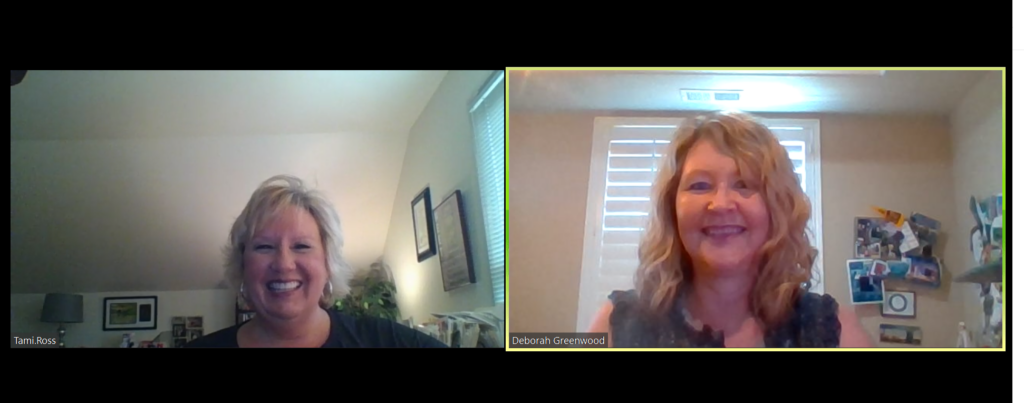
THIS WEEK’S SOLUTION-FOCUSED CHALLENGE
We often close with inviting readers to participate in a solution-focused challenge. This week we challenge you to incorporate these questions around support into your conversations with clients.
- What types of support are helpful to you currently?
- What types of support could help you now?
- Where will you get it?
- When will you take the step to see this support?
- On a scale of 0-10, where 0 means not likely and 10 means very likely, how likely are you to engage in a support resource to help you?
We welcome anyone interested in our approach to Subscribe to our blog and we’ll email you when a new post is published!
If you are a health care professional and interested in learning more about our solution-focused practice and approach, when you subscribe to our blog, we’ll send you in return a FREE resource of 10 Solution-Focused Questions to start a solution-focused discussion with your clients.
Follow us on Twitter and Instagram @AFreshPOVforYou



